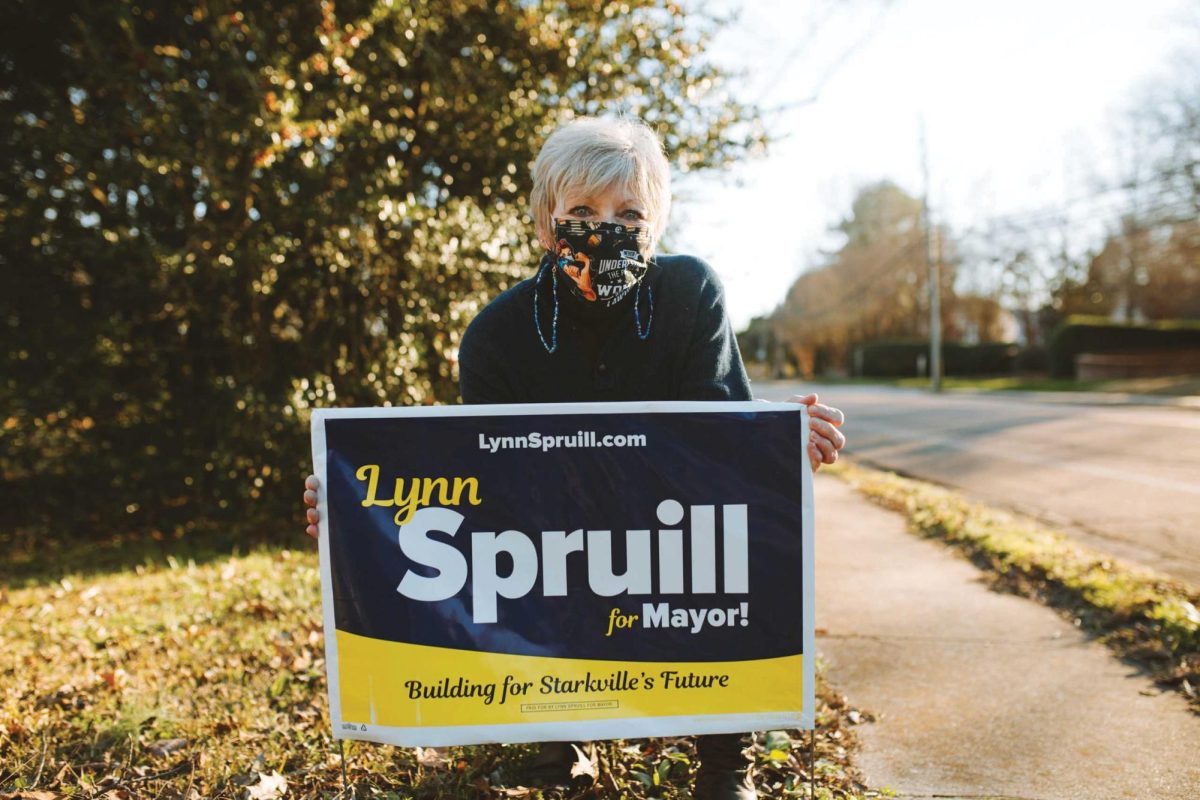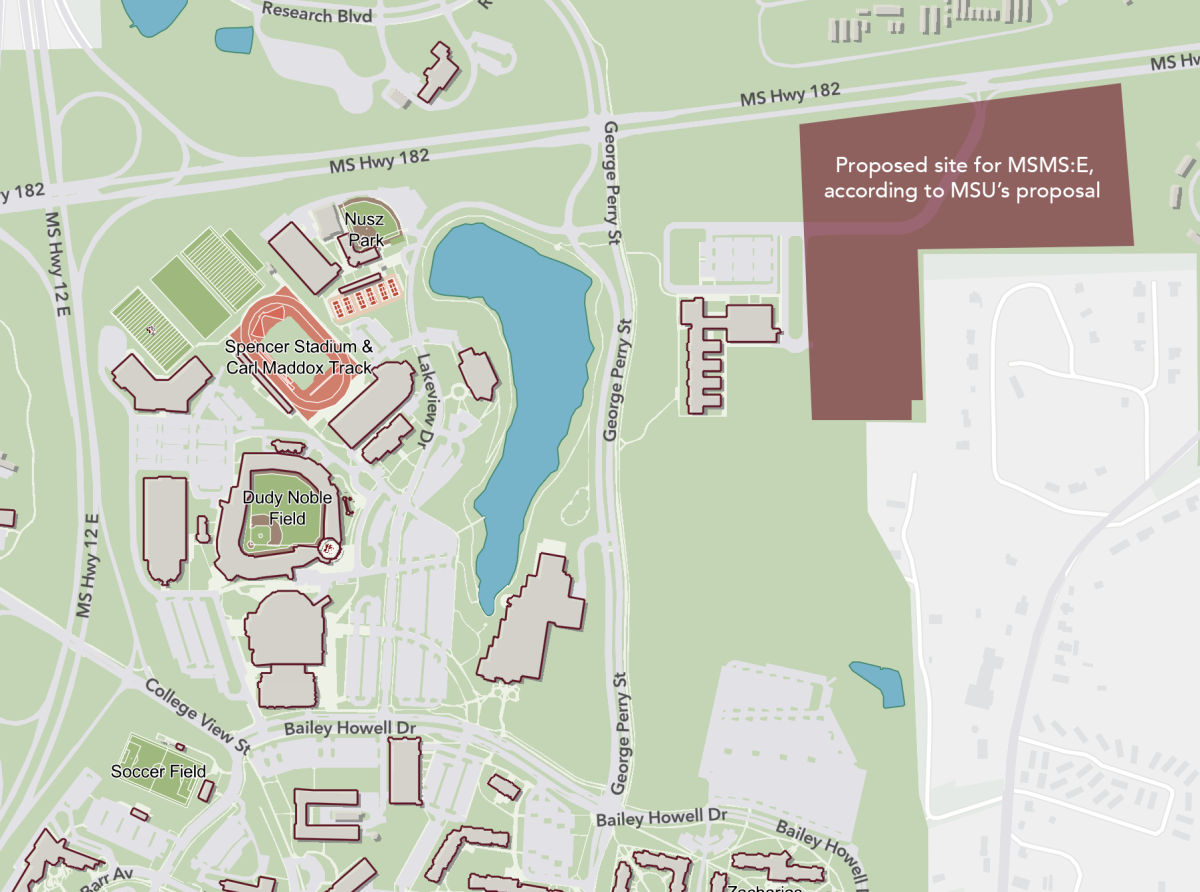Mississippi State University faculty and students have been working to create a pollen nutrition database for all bees in North America.
Funded by the United States Department of Agriculture, the project has the goal of providing vital nutritional information on pollen collected from bee pollinated plants.
The information will benefit bee populations by giving beekeepers, growers, researchers and conservationists a better understanding of pollen’s nutritional quality from certain plants.
Priya Chakrabarti Basu, assistant professor of pollinator health and apiculture, has led the research.
In 2021, Basu began the project in collaboration with Oregon State University, and she said she does not see it ending anytime soon.
“I look at it as a lifelong project,” Basu said. “This is a group effort.”
According to Basu, volunteers across the U.S. and Canada will contribute to the project by collecting pollen to be analyzed.
“We are hand-collecting the pollen from the flowers and the honeybees themselves,” Basu said. “It’s tedious, and it takes a lot of time for the sheer amount of pollen we need to run the analysis.”
A modified hand vacuum will remove the pollen from flowers, but other common tools, such as electric toothbrushes and paintbrushes, can also be used to gently vibrate the pollen off for collection. From the honeybees, researchers collect honeybees’ pollen from their pollen baskets located on their hind legs.
The Clay Lyle Entomology building houses Basu’s research. Along with the plants located at the Clay Lyle Entomology building, researchers have collected pollen from both land and aquatic plant life at the Noxubee National Wildlife Refuge outside of Starkville.
When analyzing the pollen, Basu said the researchers are looking for specific factors in the database.
“Just like humans, bees require macro and micronutrients … they need to be well-fed. We look at things like proteins, lipids, amino acids and metabolites,” Basu said.
Additionally, Basu said it was important to keep bee populations healthy for ecosystems.
“We know that all bees are important for us as pollinators … and beekeeping generates a lot of revenue for the United States. To make sure bees are healthy, they need optimal diets,” Basu said. “We want to make sure we provide a safe, diverse and constantly blooming habitat for all bee species.”
As part of her dissertation, Lauren Jennings, a graduate student majoring in life sciences, has worked alongside Basu.
“My undergraduate degree is in horticulture, and so I am very interested in the blending of the fields of plants and insects,” Jennings said. “Thus, the study of plant-pollinator interactions is a great fit for my interests.”
Jennings said she wished the community would acknowledge bee species outside of the honeybee.
“Honeybees are lovely friends, who most people know about, but there are so many other species of native bees that, in a lot of cases, are more efficient pollinators,” Jennings said. “I encourage you to pay attention to flowers next time you’re outside and look for mason bees, leaf cutter bees and tiny sweat bees.”
Maya Harlow, a senior majoring in animal and dairy science, has helped with the project.
“No day is really the same,” Harlow said. “I could be working in the lab, vacuuming pollen, working with the beehives … it really just depends. This past summer, we even went to the Refuge on kayaks to collect samples from water lilies and lotuses.”
Harlow became involved in the project because she said she was always interested in participating in undergraduate research.
She applied to the Undergraduate Research Scholars Program, which funds undergraduates to do their own research at MSU.
“I’ve learned how interdisciplinary research is … Research is really a team sport, and this project has been amazing to be a part of,” Harlow said. “I was interested in it for the animal nutrition aspect, and I knew nothing about bees prior and come from a different department.”
Harlow will be presenting her contributions to the project at the MSU Undergraduate Research Symposium in April.
Upon completion, the pollen database will be freely accessible on the internet to everyone for use across a wide variety of fields.
MSU project will create pollen database for bees
0
Donate to The Reflector
Your donation will support the student journalists of Mississippi State University. Your contribution will allow us to purchase equipment and cover our annual website hosting costs.
More to Discover



















